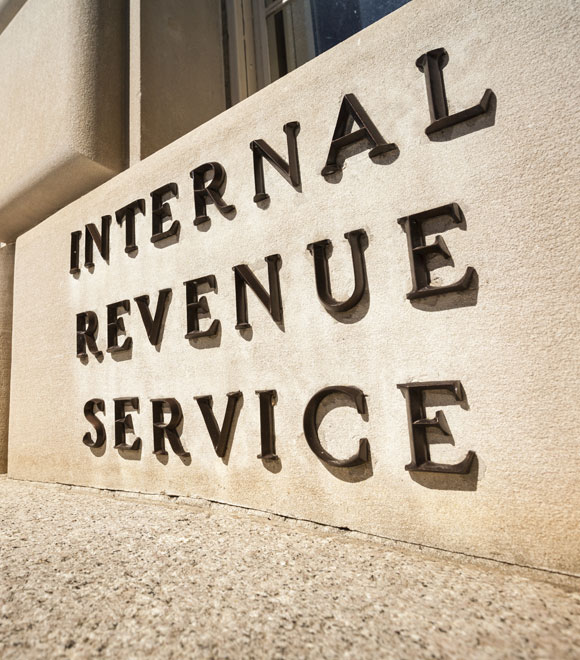Using IRS Online Communications to Avoid or Resolve Erroneous Late Response Notices
Published: Mar 3, 2025
TXCPA’s Federal Tax Policy Committee is concerned with increased delays in USPS mail deliveries exacerbating the timeliness of IRS submissions to and from practitioners and their clients.

By William Stromsem, CPA, J.D.,
Department of Accountancy, George Washington University School of Business
March 3, 2025
TXCPA’s Federal Tax Policy Committee is concerned with increased delays in USPS mail deliveries exacerbating the timeliness of IRS submissions to and from practitioners and their clients. We have heard of instances where first-class mail is taking two weeks or more to deliver. When dealing with an IRS response deadline, mail delays can result in the IRS sending out incorrect penalty and interest statements, or worse, for failure to timely respond to the notices.
In addition to USPS delivery delays, the committee has received increasing reports of delays in IRS processing responses from taxpayers and practitioners, sending follow-up notices despite the practitioner receiving date-stamped certified mail receipts showing timely delivery. These internal IRS delays will likely get worse with current budget cuts and personnel reductions.
When a notice response is not delivered and/or recorded timely by the IRS, it causes a domino effect of erroneous follow-up notices, added penalty and interest, client distress, and duplicative work by the practitioner to avoid punitive action against the taxpayer.
The committee is drafting a letter to the IRS describing specific scenarios with recommendations to reduce these problems. One recommendation is that the IRS include a three-week pause after a response due date before sending follow-up notices so that it can receive and properly record the timely submission. The letter also includes suggestions for better communications channels with the IRS, like better email procedures and possibly a practitioner document-submission hotline.
In the meantime, practitioners should consider alternatives to paper submissions, using IRS accounts, secure faxes, secure email and other options. The IRS has been making improvements to its online communication systems, but their procedures often require some extra steps to protect taxpayer information and prevent identity theft. Some means of online communications may require use of ID.me to verify the practitioner’s identity with a dual-authentication code for a submission. One alternative system is to use the IRS Online Account; this link will take you to a slide deck from the IRS Stakeholder Liaison Office that explains how the system is used. The 44-slide presentation may seem like a lot, but it may help you save time in resolving erroneous notices and other account issues.
TXCPA’s committee will continue to engage and provide feedback to the IRS on ways to improve tax administration and the taxpayer experience.
Postal Service overhaul could expose communities to slower mail
USPS sets lower targets for on-time mail, drawing ire from lawmakers
New IRS Must-Have Tools for Taxpayers and CPAs - TXCPA Federal Tax Policy Blog
Topics:



